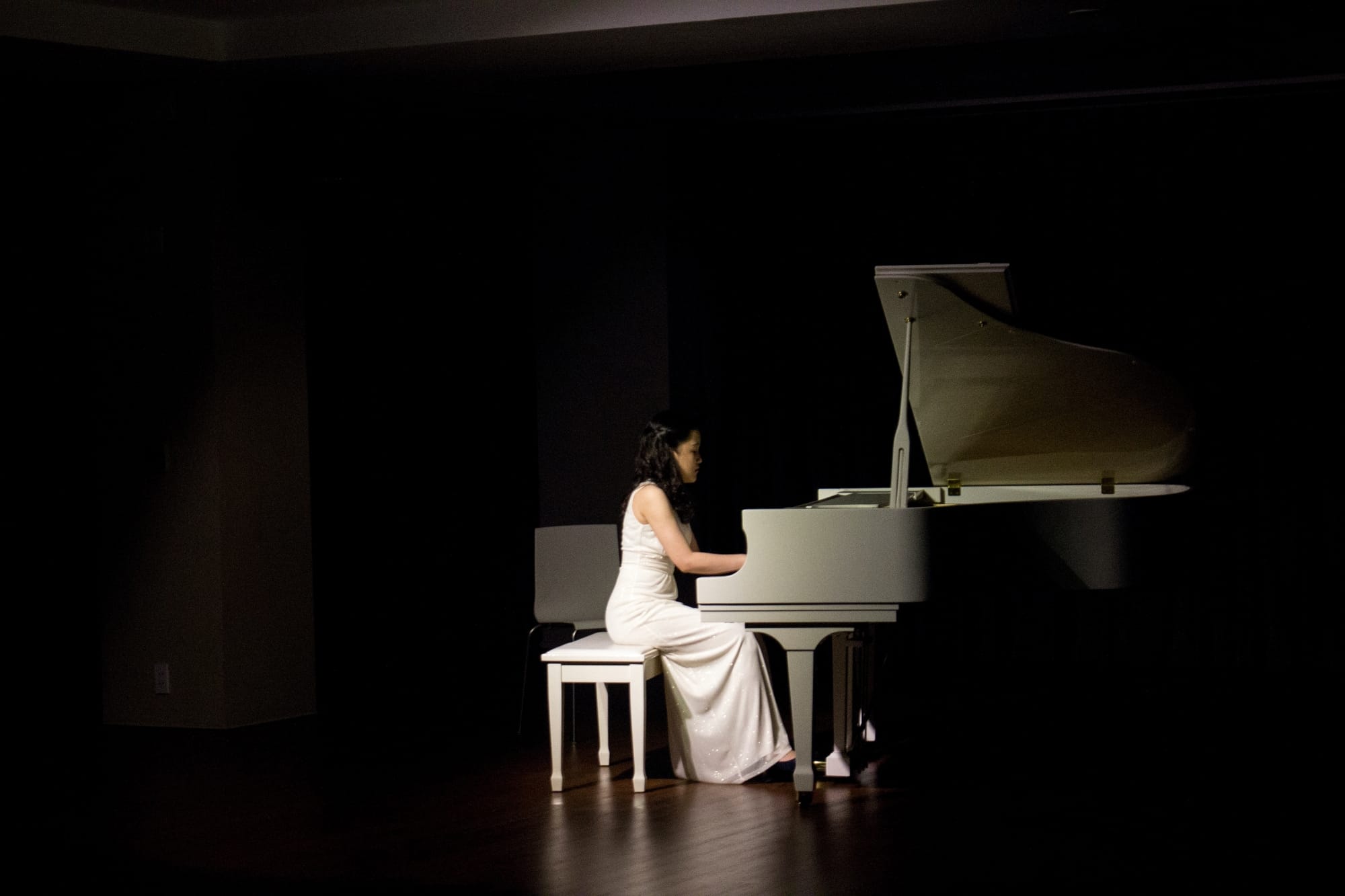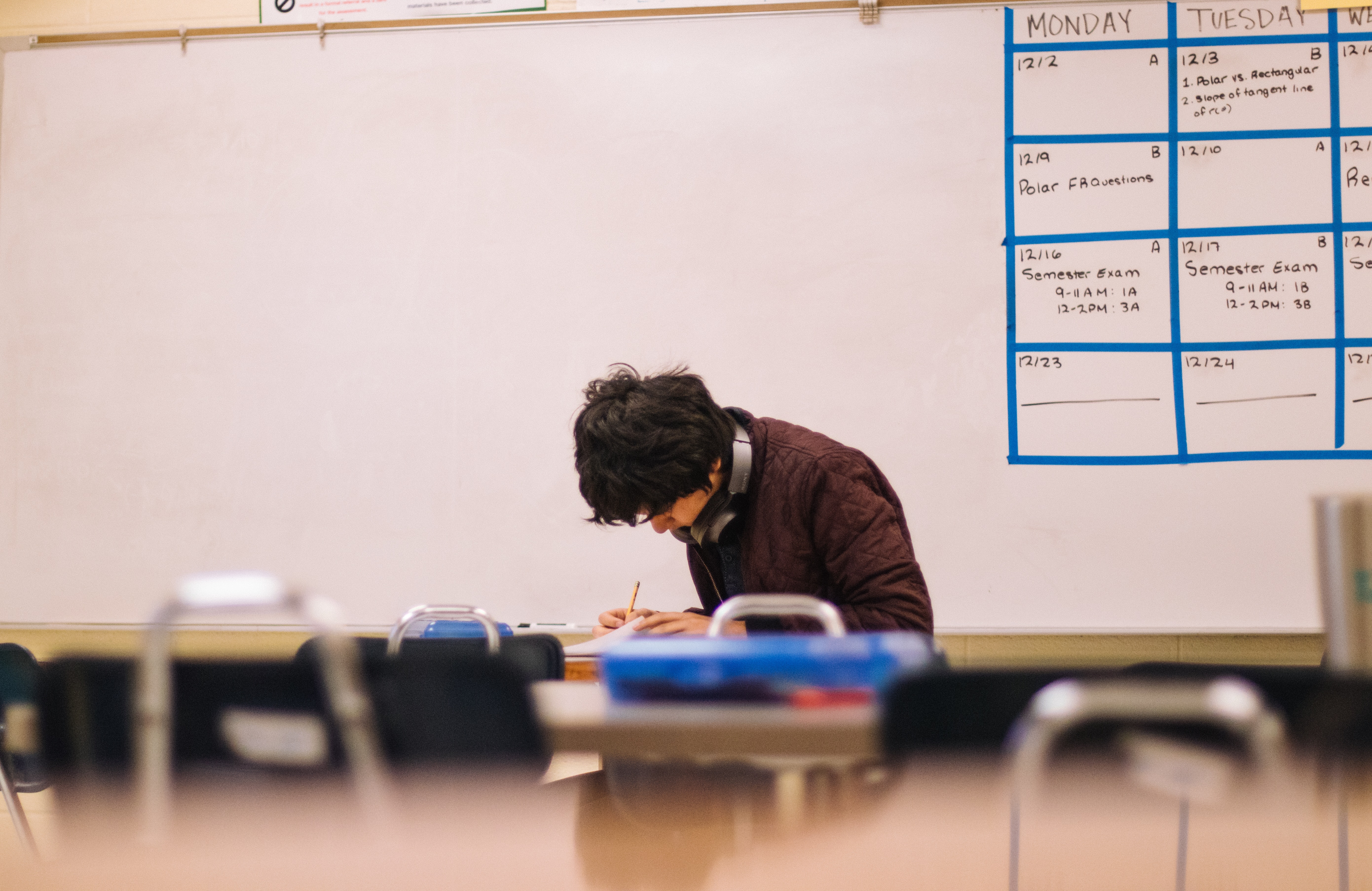
Should Your Child Learn a Second Instrument?
If your children are taking music lessons, or if you are learning an instrument yourself, it’s only natural to wonder when it’s the right time to learn something new. Is it worth adding another instrument to your repertoire? Will it hurt your progress on your initial instrument, whether that be piano, drums, violin, or something else? We will discuss below.
If you’d like to get started with piano lessons in Houston, violin lessons, voice lessons, or guitar lessons, please get in touch!
Should Your Child Learn a Second Instrument?
Yes, it’s always worth learning a second instrument. There’s no reason to rush it – a child doesn’t need to start piano and violin simultaneously when they are five – but at some point they would benefit from learning something else. There are several reasons for this:
- They can experience different genres of music not readily available on their current instrument
- They can play in an ensemble for the first time or meet new people
- They will improve on their first instrument because of the additional perspective
- There’s so much more!
When Is It Time To Start on a Second Instrument?
Once you have learned all of the notes, key signatures, time signatures, and other musical fundamentals, you are probably ready to learn another instrument. You may not want to learn two instruments at once if you are new to music - this may lead to confusion and slow progress on both instruments.
If you already play your initial instrument at an intermediate level at least, you will be able to use that knowledge as a point of reference for your secondary instrument.
There are other considerations as well. If you are feeling stale or bored with your instrument, another musical pursuit may spark your creativity once again. Or perhaps you have two specific instruments in mind, like guitar and drums, so that you can record your own music. The decision is ultimately yours to make.
What’s a Good Second Instrument To Learn?
You can either choose a second instrument to compliment your current skill set, or one that grows your breadth of experience.
For instance, if you are a euphonium player, you may want to consider doubling on the trombone and/or tuba. It’s relatively easy to become proficient on other low brass instruments, and by adding on other instruments, you can play in jazz ensembles, take on more gigs, or teach more lessons. The same consideration applies to woodwind musicians - many jazz band musicians can play saxophone, clarinet, bass clarinet, flute, and more.
On the other hand, you may want to learn something entirely different. A trumpet player can already participate in both bands and orchestras, but learning the cello, for instance, would open another realm of musical possibilities.
Pianists often learn another instrument, and this makes a lot of sense. Playing the piano is a relatively solitary experience, and pianists don’t have many opportunities for ensemble play. Pianists may want to pick an instrument in C - that way, reading the notes on the staff will be the same.
Is It Hard To Double On Another Instrument?
Yes, it is challenging to play another instrument. The level of difficulty varies depending on the instrument though. A brass player learning the violin will be a tremendous challenge - there are no technical crossovers whatsoever. On the other hand, pianists often find it very easy to learn how to play something like the tuba or the double bass. Pianists are used to playing many notes with both hands at the same time, and furthermore, the velocity of piano music is often quite fast.
Learn One or More Instruments at Cixi Music Studio in Houston
In addition to music lessons in Houston, Cixi Music Studio offers the following:
- Piano lessons in Katy, TX
- Voice lessons in Katy, TX
- Violin lessons in Katy, TX
- Guitar lessons in Katy, TX
- Music lessons in Pearland, TX
We would love to hear from you, discuss our private music lessons and group classes, and help you reach your goals.





